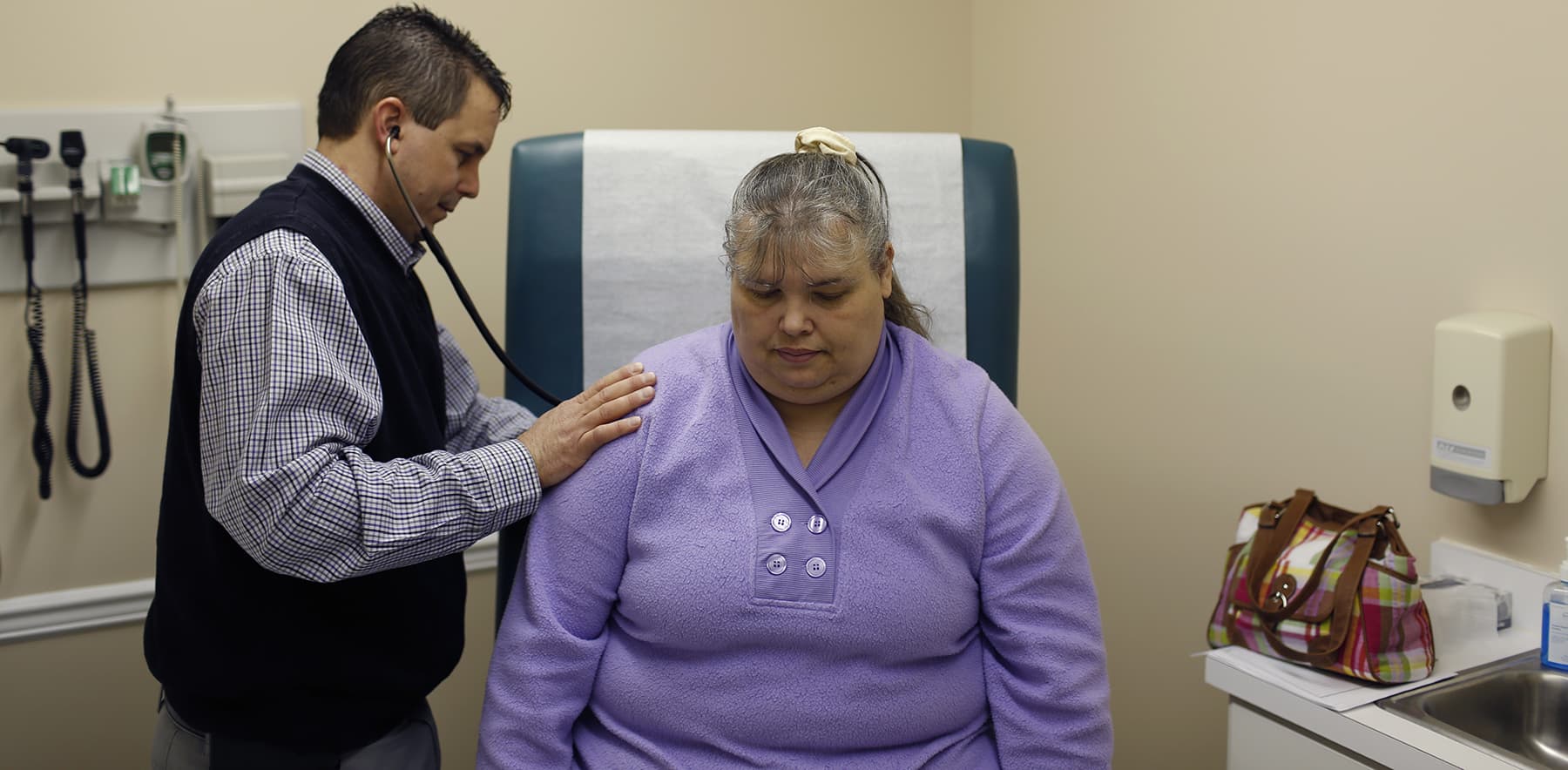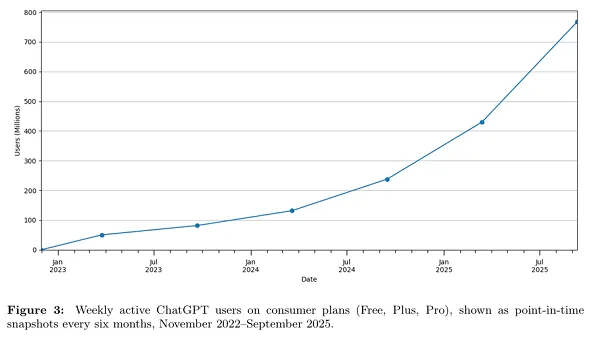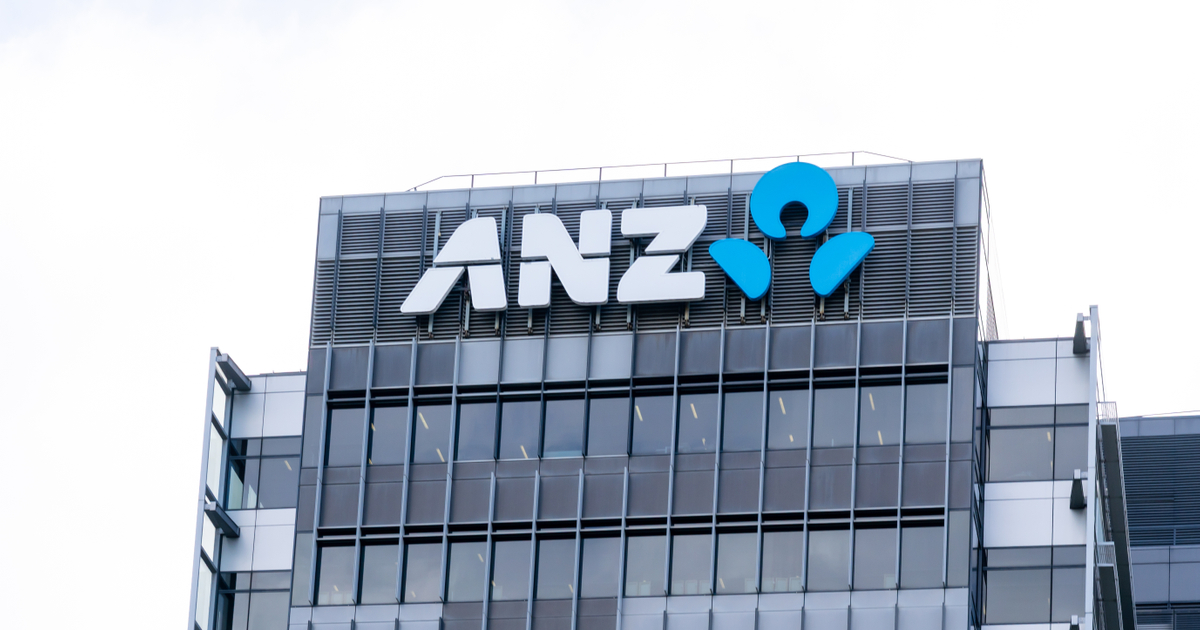Obamacare enrollment hits record high after Biden makes post-Trump tweaks to health insurance program
Experts noted that while former President Donald Trump tried to gut Obamacare, President Joe Biden has been a cheerleader for the health insurance law.

What a difference a new president makes.
Enrollment in Obamacare health insurance plans has hit a record high this season, a clear, if rare, policy victory for President Joe Biden in his first full year in office.
The big surge came in the wake of boosted financial assistance for enrollments, a wider window for sign-ups, the continuing health effects of a Covid-19 pandemic that has claimed the lives of more than 850,000 Americans, and a president who was known as a big promoter, of the health-care reform law.
The good news for Biden on the Obamacare front comes after the president has seen plummeting approval ratings, the stalling of his $1.75 trillion Build Back Better Bill in Congress, and a loss at the Supreme Court for his Covid vaccine mandate for large employers.
Open enrollment on Healthcare.gov — the federal government insurance plan marketplace that serves 33 states — and most other states' Affordable Care Act government-run exchanges for health coverage in 2022 ended Saturday, with the official final number of sign-ups yet to be tallied.
On Thursday, federal health officials noted that even before the deadline, a whopping 14.2 million people nationally had signed up for coverage in the private insurance plans sold on the government-run Obamacare exchanges.
That tally represents an increase of well more than 20% in sign-ups for the same period last year.
It blew away the past record for Obamacare enrollment, which was hit in 2016, the last full year that President Barack Obama was in office. That year, the tally topped 12.6 million during open enrollment.
Obama won passage of the Affordable Care Act by Congress early in his first term and embraced the nickname Obamacare for the law, which its detractors long have used with derision.
"People across America can buy high quality health insurance for historically low prices, thanks to the American Rescue Plan and the Affordable Care Act," said Health and Human Services Secretary Xavier Becerra in a statement touting the high enrollment levels.
"The Biden-Harris Administration will continue to build on the success of these important laws to ensure health care is accessible to everyone who needs it," Becerra said.
Charles Gaba, who operates the Obamacare enrollment news site ACASignups.net, said the enrollment tally is "definitely a win for Biden.
"As far as I'm concerned, it's a very big deal," Gaba said. "You have millions more people who have coverage, and a good 10 million or so that have it much more affordable for them."
Gaba also said that a number of health insurance carriers have returned to offering individual plans on Obamacare exchanges after some of them pulled back their offering during the administration of President Donald Trump.
Experts chalk up the dramatic upswing in enrollment to several key factors, all but one of which directly stem from Biden defeating Trump more than a year ago.
"The federal government's posture toward the ACA shifted seismically with the 2020 election," said Larry Levitt, executive vice president for health policy at the Kaiser Family Foundation, a leading health care research non-profit organization.
Trump had pushed early in his term in office for the then-Republican-led Congress to repeal the Affordable Care Act, as Obamacare is formally known.
His administration also took steps to undercut outreach efforts that had boosted enrollment in past years, and shortened the time people had to sign up for coverage.
Sen. John McCain, R-Arizona, dramatically blocked the repeal of the ACA with a thumbs-down gesture on the floor of the Senate that continues to anger Trump years after McCain's death.
Enrollment in plans sold on the ACA exchanges never fell below 11 million, even as Trump continued bad-mouthing the program.
"ACA enrollment declined under Trump, but the program hardly collapsed," Levitt said.
"The ACA defied every effort by the Trump administration to kill it. The Trump administration and Congress."
Levit also said that although Obamacare was "weakened" under Trump, Biden nonetheless had a "platform to build on it" due to the millions of people who had continued signing up for health coverage through the program.
Biden, who had been Obama's vice president when the ACA became law, won the 2020 presidential election while promising to reverse the damage he said Trump had done to it.
Levitt said that Obamacare enrollment under Biden grew in part because "finally you have a president who is trumpeting the ACA rather than trashing it."
That trumpeting was bolstered, Levitt noted, by Biden's reversal of cuts that Trump made to the ACA "navigator" program, which helps would-be enrollees evaluate their often-complicated insurance options given their health needs and finances.
Biden wasn't just touting the program. His administration worked to make it more financially attractive to would-be enrollees.
Biden's Covid relief bill, the American Rescue Plan, "dramatically expands the financial subsidies" available to help Obamacare enrollees purchase private insurance plans on ACA exchanges "both in terms of those eligible and how much they receive," noted Gaba of ACASignups.net.
An estimated 2 million more people became eligible to purchase Obamacare plans at little or low cost because of the ARP.
The law also eliminated the cap that zeroed-out subsidies for Obamacare plans for households that earned more than four times the federal poverty level.
The financial aid available under the ARP will expire at the end of this year. But the aid could continue if Congress passes it as part of Biden's Build Back Better Act, or as stand-alone legislation.
Gaba and Levitt cited another step taken by Biden that has bolstered enrollment this year: the opening of a special enrollment period for Obamacare plans from last Feb. 15 through last May 15, in recognition of the effects of the Covid-19 pandemic.
Gaba noted that there were "an additional 2.8 million additional sign-ups for that" last year, "during what would normally be the off-season."
"So right out of the game, there was already a big chunk of people who had been baked into the system with additional enrollment" when the open enrollment season for 2022 coverage began this fall, Gaba said.
And this season, the Biden administration "bumped out their final deadline" for open enrollment "by an additional month," making it more likely that people will sign up," he said.
Gaba expects a total of 14.5 million people to be signed up for 2022 Obamacare plans by the final deadlines for open enrollment.
And he noted that that tally will not include the more than 1 million people who will have insurance coverage under so-called Basic Health Plans that effectively mirror ACA coverage.
Another big factor cited by Gaba in boosting enrollment is one that was out of Biden's control.
"You've got Covid. You've got this ongoing pandemic, which has made a lot of people aware of, 'Oh yeah, health care,' " Gaba said.
Although Healthcare.gov, the federal marketplace, ended open enrollment on Saturday, eight states and the District of Columbia are continuing to enroll people in plans through their own exchanges.
Five of those states, which include the larger ones of California and New York, close enrollment at the end of January. Colorado's enrollment for people who are not currently covered is extended through March 15.
Levitt, of KFF, said the coronavirus pandemic also played a big role in driving enrollment in Medicaid, the program jointly administered by federal and state governments to provide health coverage to predominantly low-income people.
The Obamacare law, while often drawing attention for its expansion of private insurance coverage to Americans, also expanded the number of people eligible for Medicaid. All but 12 states have accepted federal funding to expand their Medicaid programs to more people under the ACA.
"Medicaid enrollment is up dramatically" since the pandemic began in early 2020, and has continued rising under the Biden administration, Levitt noted.
Medicaid enrollment, the stronger-than-ever enrollment in private insurance plans sold on Obamacare exchanges, and Covid could make it even more difficult for Republicans to get rid of the ACA the next time they control the White House or Congress.
"I think the more people who depend on the ACA, the more people are focused on health care as a result of the pandemic ... makes it even harder to consider repealing" Obamacare, Levitt said. "I think Republicans were burned by their effort to repeal the ACA. I think many of them don't have a taste for retrying."

 AbJimroe
AbJimroe 































